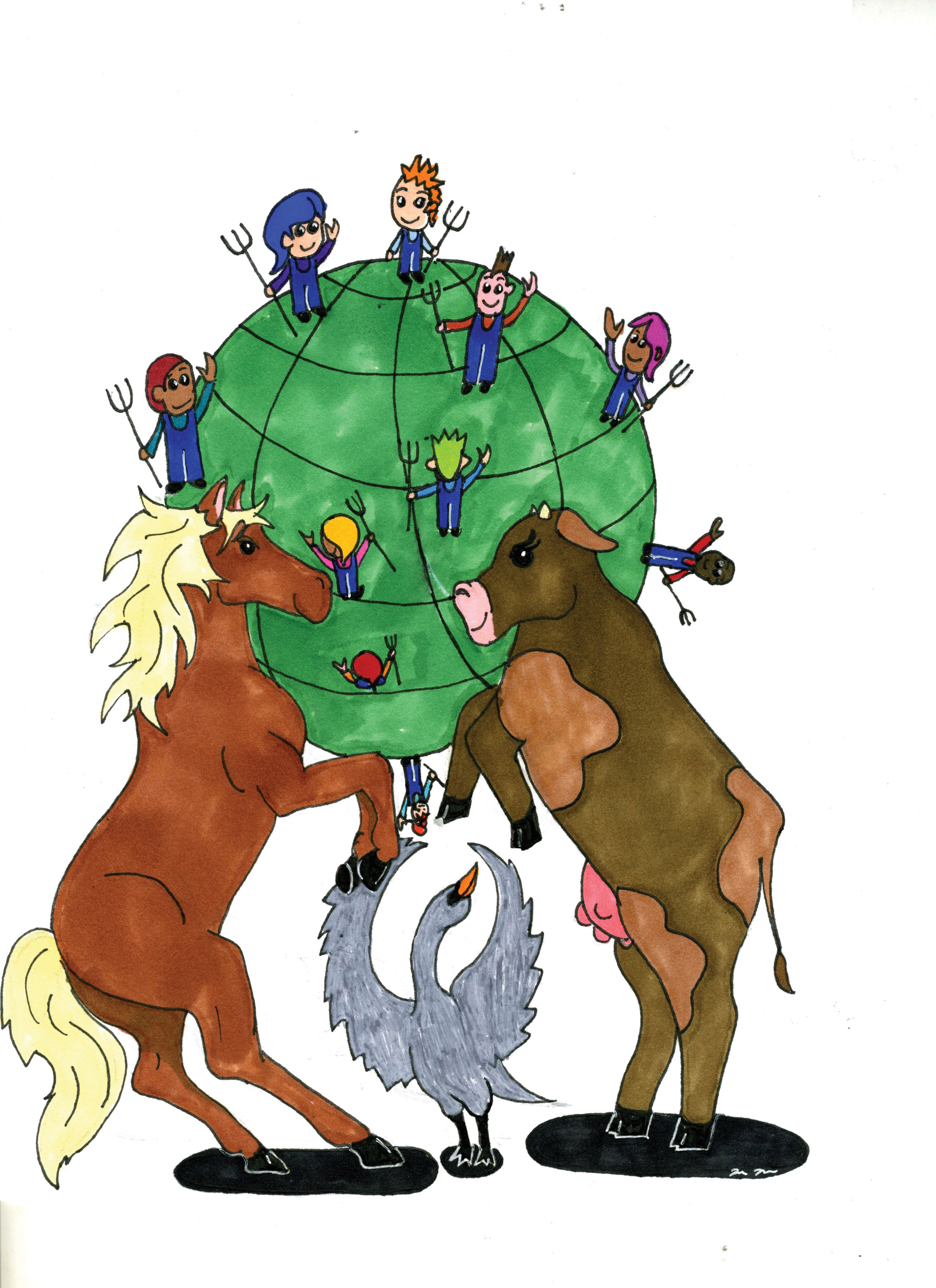If you don’t play the game yourself, chances are, you know someone who does. Since its launch in June of 2009, “Farmville” has amassed a staggering number of followers. Upward of 62 million people ““ that is, more than 10 percent of all Facebook members ““ fall under the category of active users, and the game also boasts a fan base of more than 24 million people on its Facebook page.
The goal of “Farmville” is simple ““ you have to maintain and build your own virtual farm, buying virtual seeds, tending virtual crops and ultimately, selling those crops for as much virtual profit as possible.
“Farmville” is a real-time farm simulation game that was originally developed by Zynga as an application for Facebook but has since also been launched as an application for the Apple iPhone and as a stand-alone game for Microsoft’s MSN Games.
Elizabeth Hoffman, a second-year undeclared life sciences student, said she got into “Farmville” because of how easy it is to begin playing the game.
“It was the summer before my freshman year, and I was in need of something to do because a lot of people had left for college already, so I started playing “˜Farmville,'” Hoffman said. “It was fun at first … but after a week or two, once I got my farm going, it started to require a lot of attention to keep up. My crops started dying on me. It was kind of a mess.”
According to some students, “Farmville” and games like it are as popular as they are because they give users the right combination of social interaction and competitive spirit.
“I think they’re popular because when you see that people are playing on your Facebook newsfeed, you get curious about it and want to get involved yourself,” said Kenny Woo, a 33-year-old avid “Farmville” user and a frequent poster on the game’s community forums. “It adds perfectly to the Facebook multitask.
You can chat with someone and play “˜Farmville’ at the same time.”
The same explanation for the success of such games was offered by Tom Sarris, director of global communications at Playfish, which recently released its newest Facebook game, “Madden NFL Superstars.”
“Social games have become popular on Facebook because they’re seen as extensions of people’s relationships with their friends.
Most players, in fact, don’t think of themselves as gamers in a way that someone playing a traditional video game would,” Sarris said. “By and large, they’re new to gaming and enjoy the relative simplicity of the experience and that it’s something they can share with their friends.”
“Farmville” users, for example, can invite their friends and family to play and, in fact, are encouraged to do so because having “neighbors” on the game allows you to expand your farm. Furthermore, visiting and helping your “neighbors” helps you gain both virtual money and experience.
“I even made a Facebook for my mom just so I could add her as a neighbor,” Woo said.
Not only do Facebook games allow people to interact with each other, they also remove some of the limitations of traditional gaming consoles.
“The difference with social games ““ and what gives them their edge ““ is that for the first time in the history of gaming, players can play games with their true friends,” Sarris said.
“Unlike Wii games, which limited interaction to four people who had to be physically gathered together, social games untether players and allow them to include all the friends they’ve made a conscious decision to let into their life through Facebook anywhere in the world.”
According to Sarris, though Facebook games are at odds with console games in terms of the type of players they tend to attract, they are not in competition with each other. Facebook games simply add to the spectrum of entertainment available to people today, he said.
“The various platforms that exist in gaming, whether social, console, mobile or PC, complement each other and people play them for different reasons, so it’s not really an either/or situation,” Sarris said. “Never in the history of gaming has there been such a variety of games offered across so many vibrant platforms, and ultimately it’s the player who benefits because they now have more choice than ever before.”
